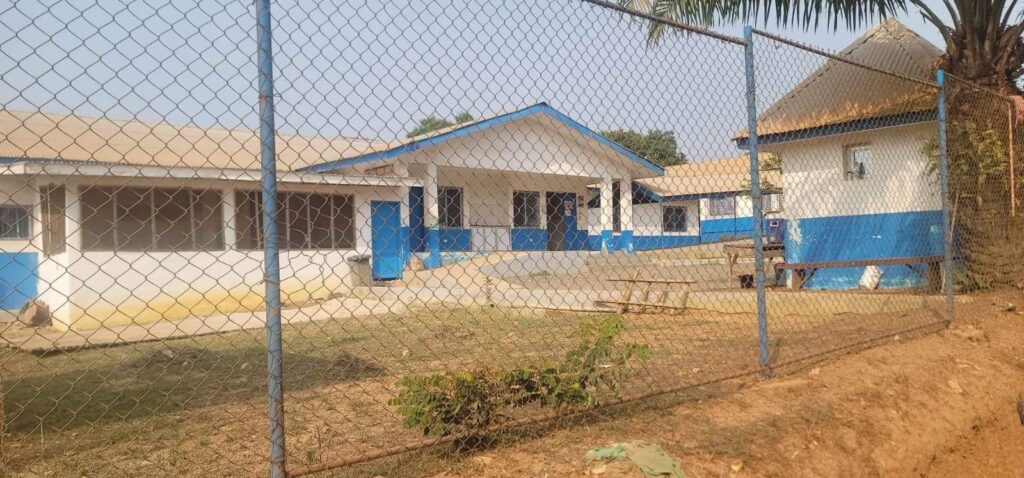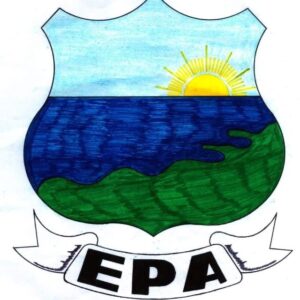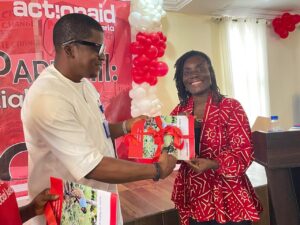“Bribery Undermining Access to Quality Healthcare in Margibi County” Pregnant Women & Baby Mothers Rally Govt’s Intervention

By Sally Denia Tulorgbo 0770281023
Margibi County, April 30, 2024: Corruption has significant impacts on Liberia, affecting all public institutions in the country. As a country with a complex history of civil wars and political instability, Liberia has faced considerable challenges with corruption which has impeded development in several ways.
Corruption reduces economic growth and discourages foreign investment and aid and as well scare Investors from investing resources to a country where bribery, graft, and inefficiency are prevalent with fear that their investments might not yield expected returns.
This is exactly what Pregnant Women and baby Mothers are faced with in Margibi County as they are crying out for lasting solution that will enable them access quality healthcare Services in the county without being harassed for bribes and other unqualified gifts or requests by healthcare providers.
Speaking to a group of baby mothers and Pregnant Women in Margibi County both at the Government hospital and in the different communities, they bursted out their fatigue of being pushed to pay extra cash while accessing health centers for services. “We can pay the extra sometimes when we have it, but if we don’t have, health workers will not cater to us as they should” one of the Pregnant Women said.
Beatrice Mulbah, a five-month-old pregnant woman who regularly seeks medical attention at the Kakata Health Center, expressed concerns about the difficulties faced in receiving medication and treatment. She noted that healthcare practitioners at the facility often demand money from patients, creating financial burdens for those seeking care. “I am worried about the constant requests for money whenever I visit the hospital, it’s challenging to get the care I need when there are so many financial constraints” Beatrice said.
This is not unique to Beatrice Mulbah along as another young baby mother, Princess Quaye, also highlighted issues with the quality of care at the Government health facilities in the county. She expressed frustration about the lack of attention given to newborn babies by health workers especially nurses and the demand for money before prescriptions made. “I want my child to receive the best care possible, but it’s disheartening when nurses are more focused on asking for money or sending us to buy medications elsewhere, why are we even buying medicines from outside of the government hospitals?” She asked.
According to Princess, drugs availability and affordability at every government should be a priority but often time are sent outside of the hospitals to go purchase medicine, something she described as lack of interest in the health sector. “When your citizens are not healthy how are they going to contribute to the overall development of the country”, princess asked.
She called on government of Liberia to invest more in the health sector as investing in the health sector is a cornerstone of sustainable development. She noted that it will not only improve health outcomes for the population but also drives economic growth, reduces poverty, and enhances the overall stability and attractiveness of a country. She added that low wages and salaries for health workers are factors responsible for low productivity and performance and as well contribute to massive corruption.
The health sector though challenged, but international partners contribution to the sector cannot be overemphasized.
In September of 2022, The World Bank approved an Additional Financing of $31 million to strengthen health systems and improve health service delivery to women, children, and adolescents in Liberia. Global Financing Facility (GFF)comprising of US$20 million International Development Association (IDA) concessional credit and a grant of US$11 million from the Global Financing Facility (GFF), was intended to support the delivery of essential health services which have been challenged by the COVID-19 pandemic.
World Bank Liberia Country Manager Khwima said the project was to help the Government of Liberia fill an existing financing gap, cover costs associated with expanding coverage of existing activities under the parent Project and implement new activities. She said the project was expected to facilitate systems strengthening, improve service delivery, and achieve better health and nutrition outcomes in the country.
The World Bank Liberia Manager added that the additional funding was intended to improve operational efficiency and equity of access to quality healthcare services by scaling-up the provision of high-impact interventions, supporting the procurement of essential medicines and childhood vaccines. The financing was to also ensure rehabilitation and extension of health infrastructure at existing primary health facilities and integrating activities on health systems strengthening into a systematic approach towards achieving Universal Health Coverage (UHC).
In the FY 2023 budget, the total of US$18.4 million was allocated for basic healthcare delivery services. Of this amount, US$8 million is for drugs, vaccines, medical supplies and consumables, food, fuel, and lubricants, as well as repairs and maintenance of public health facilities. This also includes additional US$8.4 million of government transfers (Grants and Subsidies) to public and private health facilities. There is also additional new funding of US$0.8 million for the renovation and furnishing of C.H. Rennie Hospital.
The National legislation on April 30, 2024, passed the FY 2024 National Budget at $738 Million with increase affecting Health, Security and Rule of Law, Youth and Sports rehabilitation of at-risk youth, Education, Fire Service, Electricity amongst others. The Ministry of Health in this year’s FY 2024 National Budget stands at US$66,871,358
When contacted on reaction to the bribery claims at the CH Rennie Government hospital in Margibi County, authorities of the hospital did not speak to our reporter up to the publication of this article.
This is story was produced by a Mentee Under the Female Journalists Association of Liberia Mentorship program with support from Internews USAID Year III.



